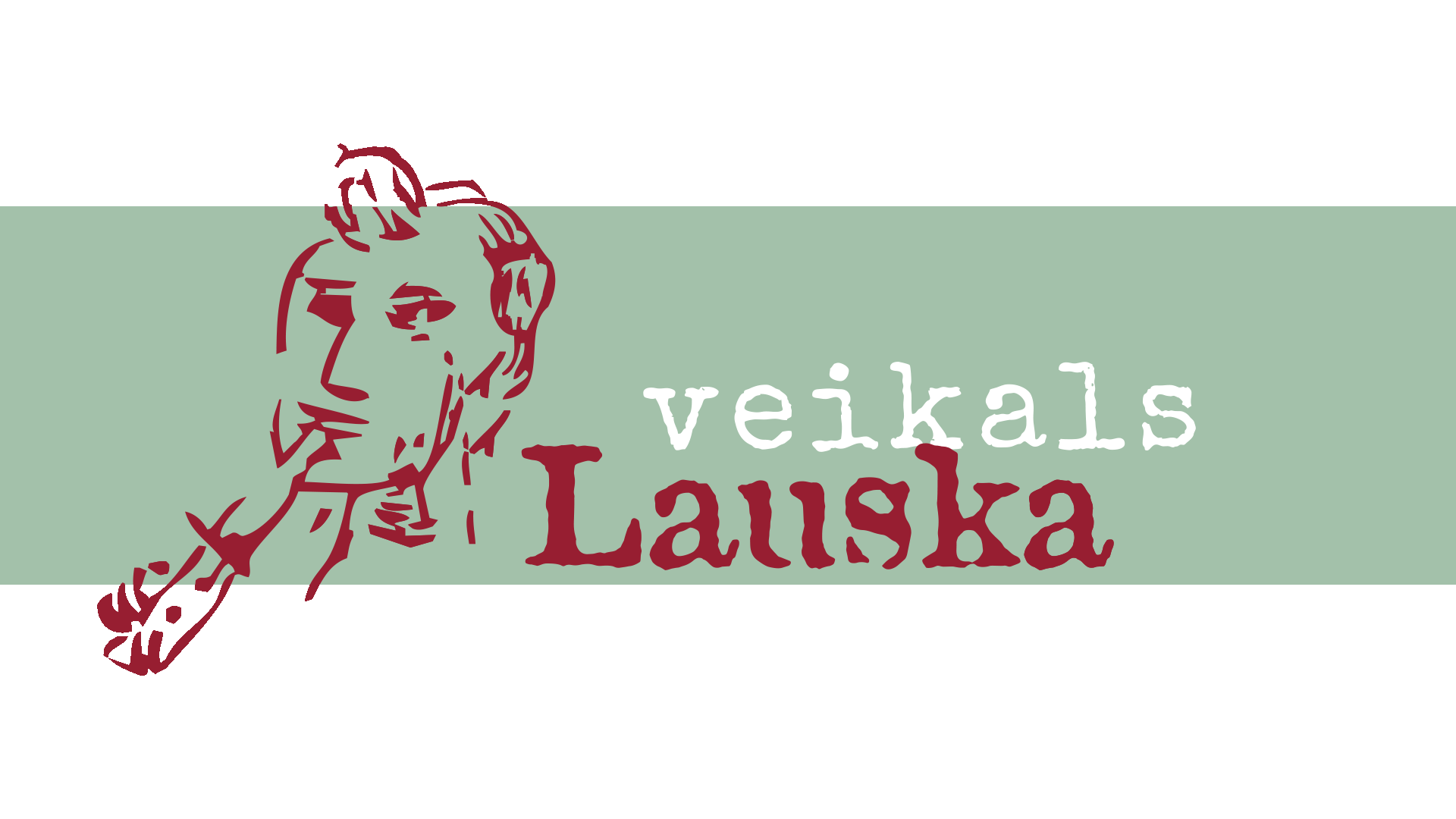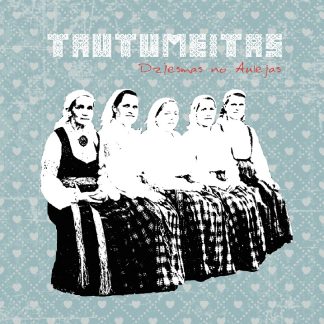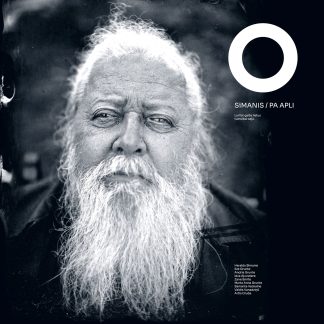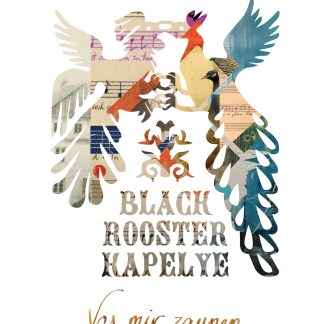Description
The recording was created by combining materials from Emils Melngailis’ Latvian and Jewish music collections, recorded over a hundred years ago, into dynamic compositions and is a salute to the 150th anniversary of the great folklorist and composer. The project’s title includes a reference to Melngailis’ surname and the Yiddish word kapelye, which means a chapel or a group of folk musicians. It features three Latvian and three Jewish musicians, whose ancestral roots run through the territory of Latvia.
As in Melngailis’ time, today too, the interplay between different ethnic groups from the same region is quite rare, and the album “Vos Mir Zaynen” or, translated from Yiddish “Who We Are” was created by combining Latvian, Latgalian, Lithuanian and Yiddish texts about belonging to a place and powerful symbols important to both peoples in contemporary folk music arrangements. In the album’s 14 compositions, in addition to polyphonic singing, a common sound language has been found by the violin, bayan, accordion, kokle, electric guitar, bagpipes, zithers, mandolin, Jew`s harp, percussion and other sound instruments.
The idea originated more than ten years ago, when Latvians of Jewish origin, singer Sasha Lurje and multi-instrumentalist Ilya Shneyveys, began to look through Melngailis’ collection together with the desire to revive it and make it sound, using the possibilities of modern music. Several years later, Latvian folklore musician and researcher Ilga Vālodze Ābele by coincidence came across this collection and, wanting to touch upon the Jewish musical tradition, created a concert program with her group “Banga”. Today, “Banga” musicians Eli Ellere and Jānis Zemgus Jātnieks, together with Ilga, form the Latvian side of the “Black Rooster Kapelye”. The sixth participant in the project is the virtuoso American Jewish violinist Craig Judelman, who also has roots in Latvia. Judelman and the other Jewish musicians in the group admit that the klezmer and Yiddish music recorded in this region has influences from the Balkans, etc. The sound differs from region to region and has been little studied and performed, as the study of Eastern European Jewish music is mostly based on materials from Ukraine, Romania, and Poland, leaving the unique sound of Jewish music from the North of the homeland, including the territory of Latvia, unexplored.







